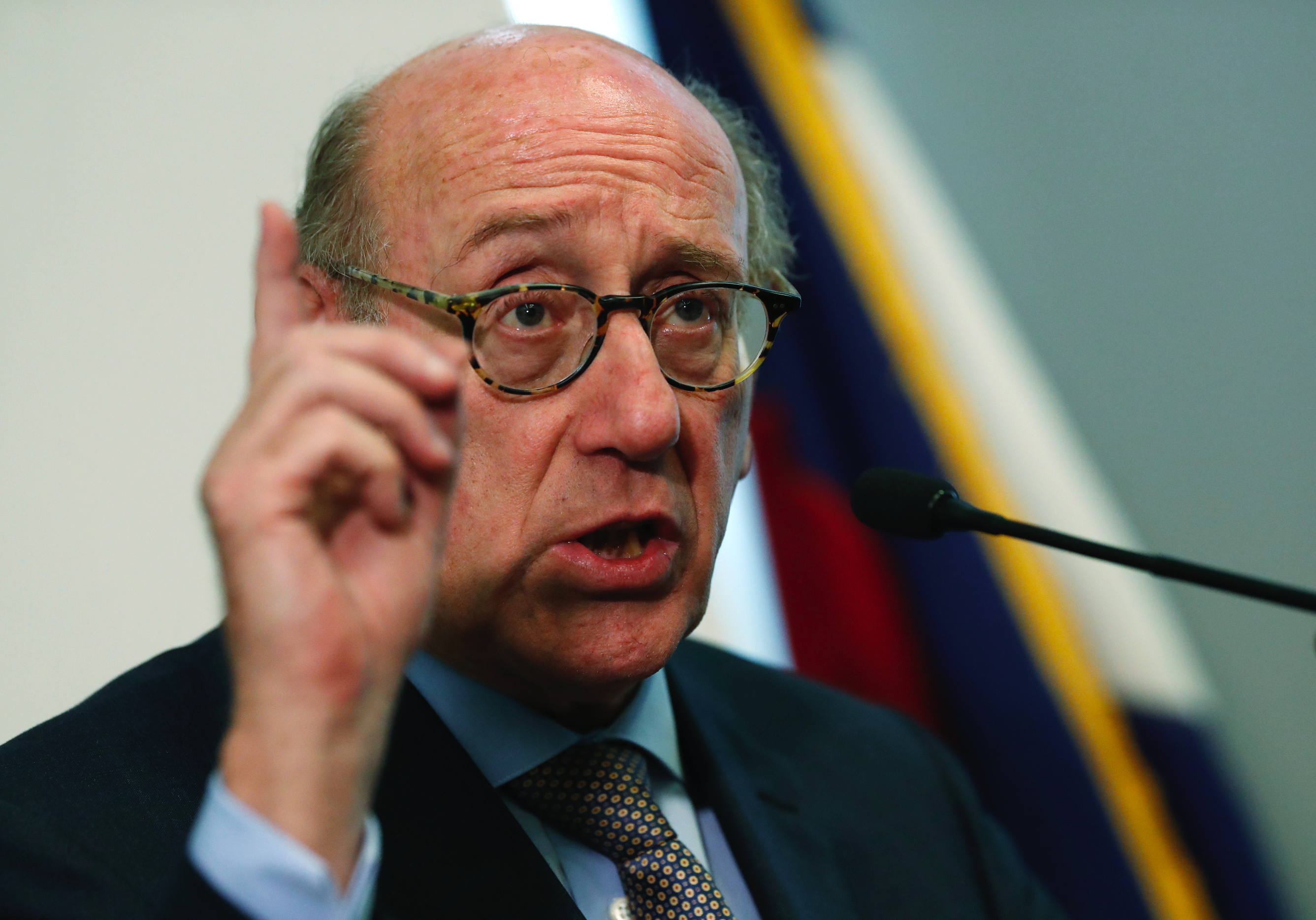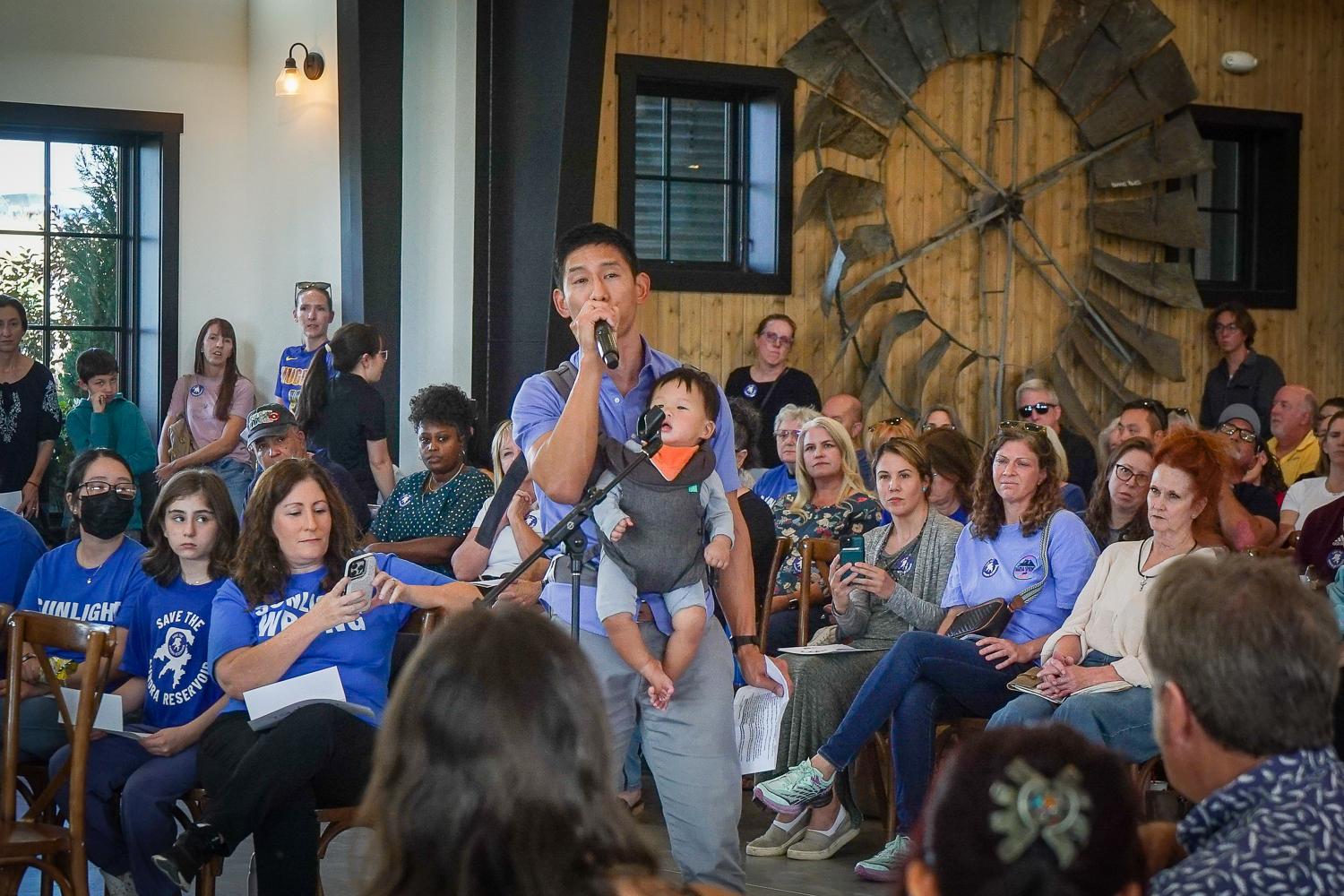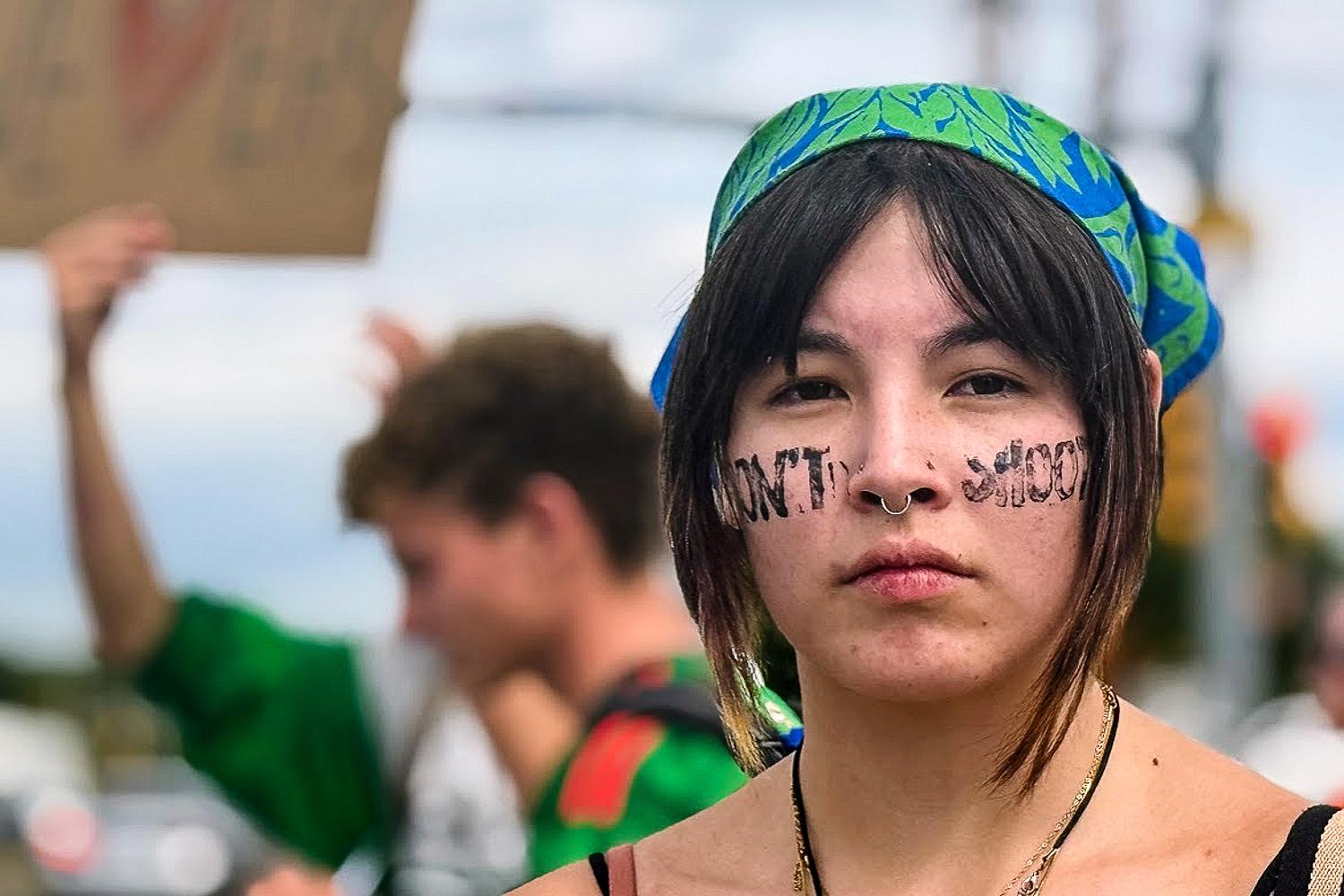
It’s a difficult job, but one attorney Kenneth Feinberg has taken on — again and again.
After 9/11, the Boston Marathon bombings and the Aurora Theater shooting, Feinberg has been responsible for deciding how much money is owed to victims of those tragedies and others. By his own admission, they aren’t easy decisions.
"This is a judgment that one has to make based on the credibility of the claim, the nature and scope of the abuse and the damage suffered by the victim,” Feinberg said.
Now he’s being asked to make that judgment again, this time for the victims of sex abuse in the Catholic Church in Colorado.
The formation of the Colorado Independent Reconciliation and Reparations Program was announced by Denver Archbishop Samuel Aquila and Attorney General Phil Weiser in February along with a review of church records to determine which priests in the dioceses of Denver, Colorado Springs and Pueblo have had credible allegations of sexual abuse made against them.
Feinberg has done similar work with other Catholic Church victims in other states, including California, Pennsylvania, New York and New Jersey.
In Colorado there at least 65 people who were involved from the three archdioceses, but many more are likely to emerge in the process. Feinberg divides the claimants into two categories: those who lodged a complaint at the time of their abuse in the past and were ignored, and those who will issue a complaint for the first time through the program.
The deadline for registrations of any new allegations is November 30, 2019. The administrators will review them and send claim forms to those potentially eligible. The deadline for filing all claims with the program is January 31, 2020.
“We've already received the first few claims and it's only a couple of weeks,” Feinberg said.
Feinberg had said that people who have had a family member who was abused and went on to die by suicide can also file a claim. But later a spokesperson corrected that, saying that protocol dictated that people eligible for compensation are individuals who are currently alive.
Trying to figure out how much to compensate people who were sexually abused by clergy is a daunting proposition. For victims of the Aurora theater shooting, death and time spent in the hospital were the factors in determining which victims got what. The factors in this case are different.
“The value of the claims depends on both the nature of the abuse — what exactly did the minor suffer from clergy abuse — and also the number of incidents, how often,” Feinberg said. “We have had cases involving a claimant who was abused once and that was it. And then we've had claimants who were abused a hundred times or more over a number of years. So those are the factors that enter into a valuing the claim.”
Whatever amount Feinberg decides victims should get, the money will come from the Catholic Church. In theory, there’s no cap to how much victims can receive, which has raised the question of the program bankrupting the church. Feinberg said that is not an issue for now.
“The church certainly has not expressed that concern. The church has said right now, in the interest of making sure that all claimants are paid, let's see how many come forward. Let's see what the valuation is that is set by the administrators, the independent administrators, and the compensation will be paid,” he said.
One a claimant receives compensation, they will sign a release preventing them from litigating the case.
More than money, Feinberg said that the value in compensation is often the inherent acknowledgment of a wrong being committed.
“No amount of money is going to make these victims whole or satisfied. It doesn't work that way in the court system. All you can do is provide some financial recognition. And what is very, very interesting about all of these claims: money is not the sole objective or not even the primary objective of those who file with us.
“What they want as much as money, if not more, is validation, acknowledgement that the wrong occurred and that they were damaged and that they're...telling the truth about what was done to them as children. And that very often takes precedence over cutting a check and presenting it to a victim.”
Editor's Note: Attorney Kenneth Feinberg had initially misspoken about the standards for eligibility and a deadline. This story has been updated with new information.









